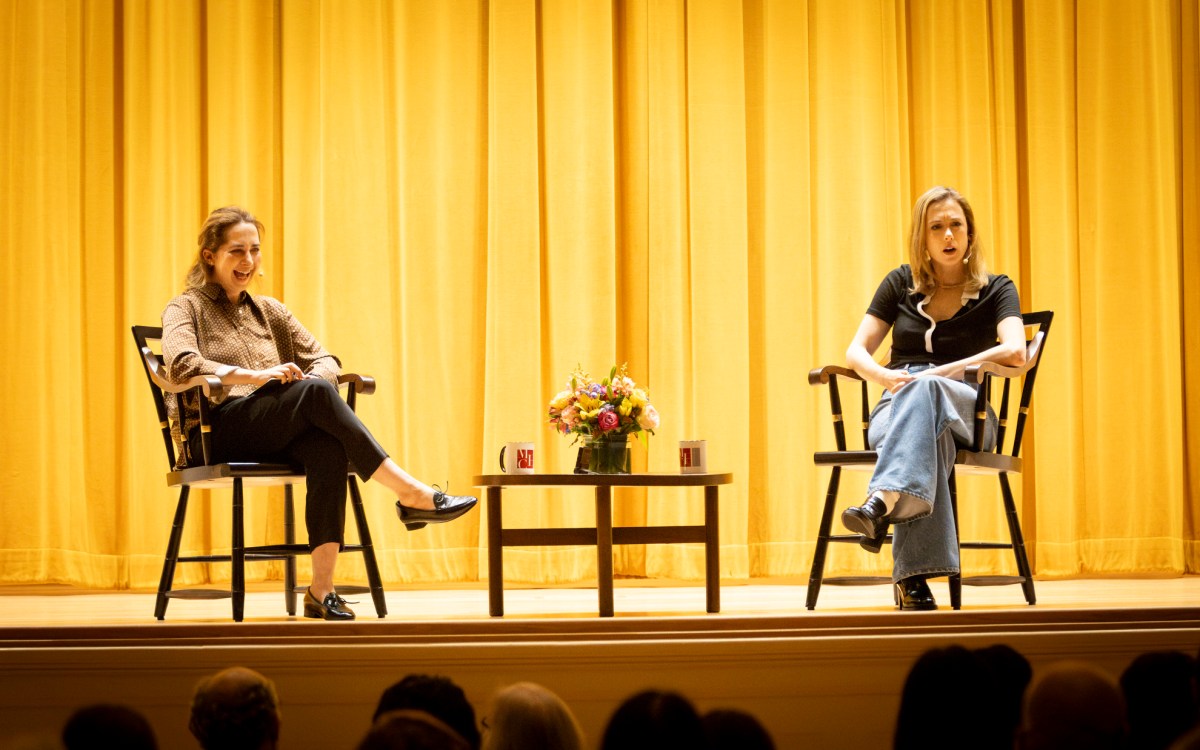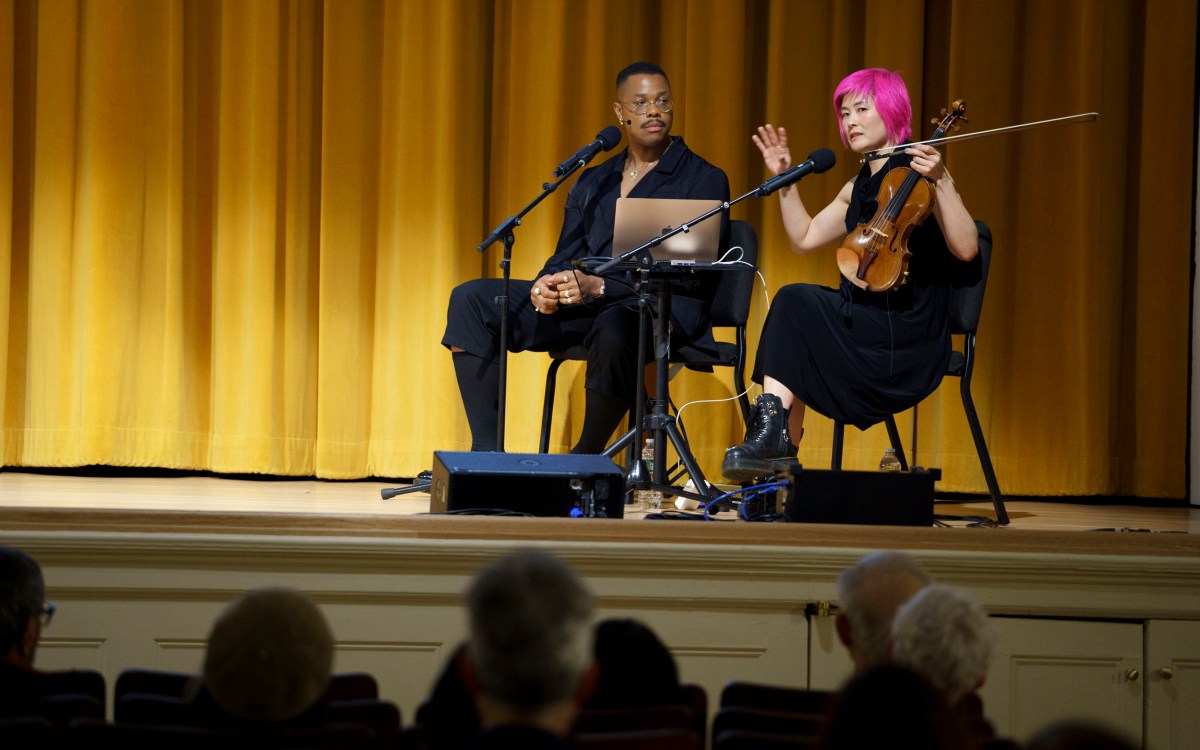Study calls for Obama to deepen U.S.-India ties
A new report by a study group from the Center for a New American Security is calling for a dramatic and ambitious expansion of ties between the U.S. and India. The study group was co-chaired by former Undersecretary of State R. Nicholas Burns, who heads the Future of Diplomacy Project in the Harvard Kennedy School’s Belfer Center for Science and International Affairs, and former Deputy Secretary of State Richard Armitage.
The report, issued on Wednesday in Washington in advance of President Obama’s planned state visit to India in November, says the initiatives led by Presidents Clinton and Bush appear to have stalled, and despite some recent steps to try to break the inertia, “there remains a sense among observers in both countries that this critical relationship is falling short of its promise.”
Study group member Daniel Twining, an Asia expert and former administration adviser on South Asia policy, wrote in the “Shadow Government” blog on the Foreign Policy website that the bipartisan CNAS project is “an important report laying out a concrete vision and action agenda for the future of U.S-India relations [that] seeks to provide a blueprint for the Obama administration as it considers how to reinvigorate relations with India, which have drifted over the past 22 months.”
The report declares:
“The transformation of U.S. ties with New Delhi over the past 10 years, led by Presidents Clinton and Bush, stands as one of the most significant triumphs of recent American foreign policy. It has also been a bipartisan success… Many prominent Indians and Americans, however, now fear this rapid expansion of ties has stalled. Past projects remain incomplete, few new ideas have been embraced by both sides, and the forward momentum that characterized recent cooperation has subsided. The Obama administration has taken significant steps to break through this inertia, including with its Strategic Dialogue this spring and President Obama’s planned state visit to India in November 2010. Yet there remains a sense among observers in both countries that this critical relationship is falling short of its promise.”
As undersecretary of state from 2005 to 2008, Burns played a key role in turning the long-troubled US-Indian relationship into a partnership that changes the political landscape in South Asia and acknowledges India’s role as the world’s largest democracy. Burns, now Professor of the Practice of Diplomacy and International Politics, led negotiations on the U.S.-India Civil Nuclear Agreement.
Read the full report, Natural Allies: A Blueprint for the Future of U.S.-India Relations.





